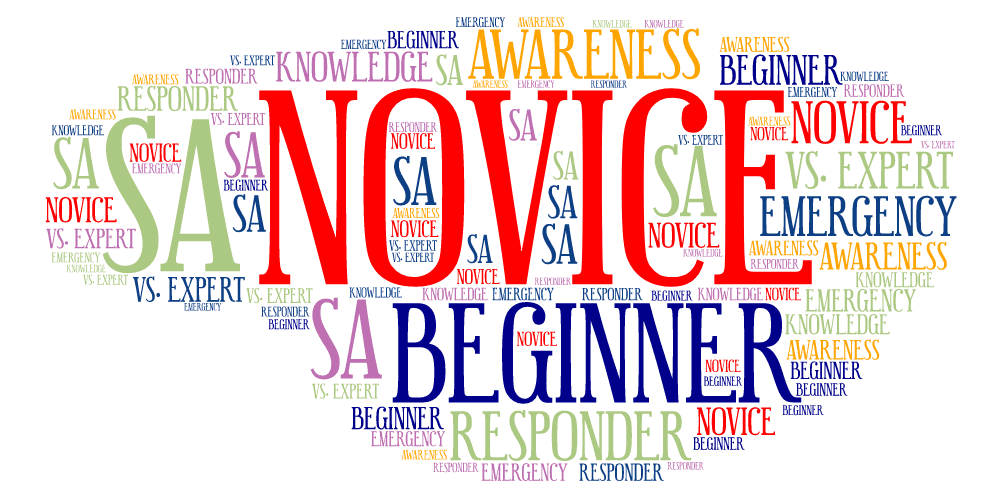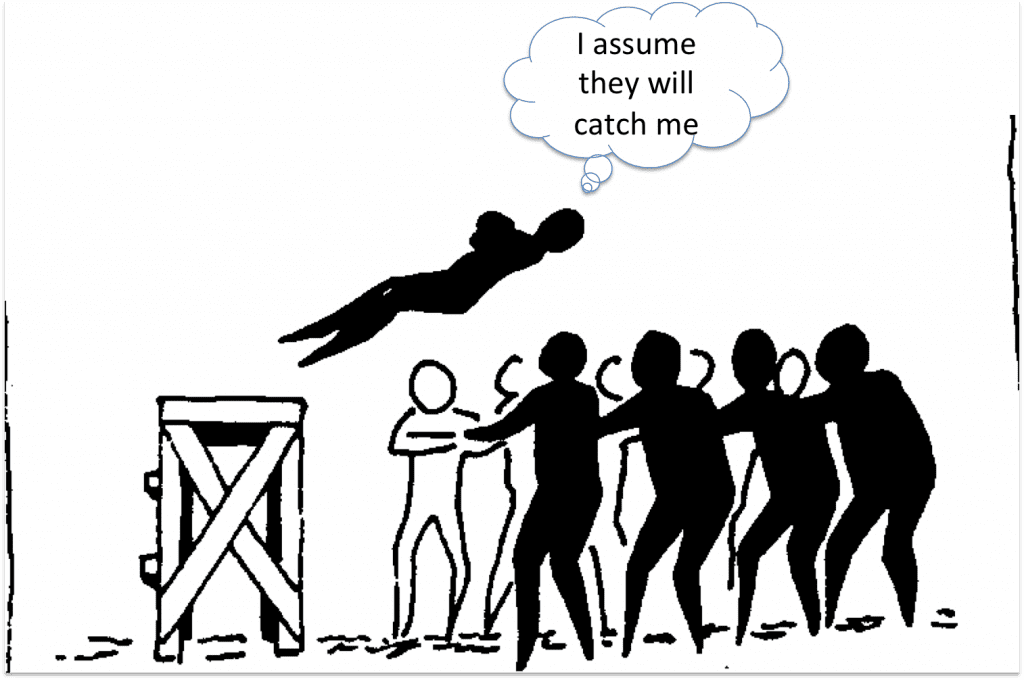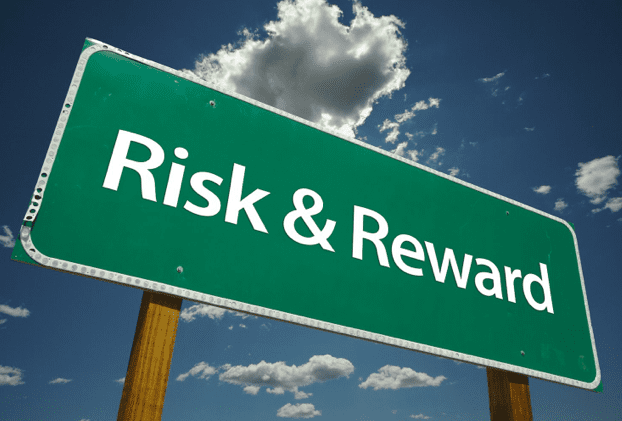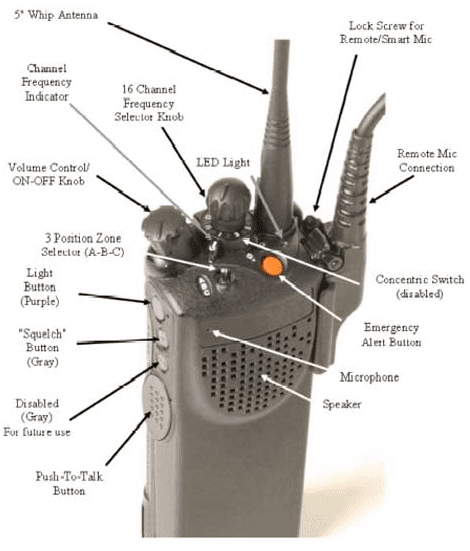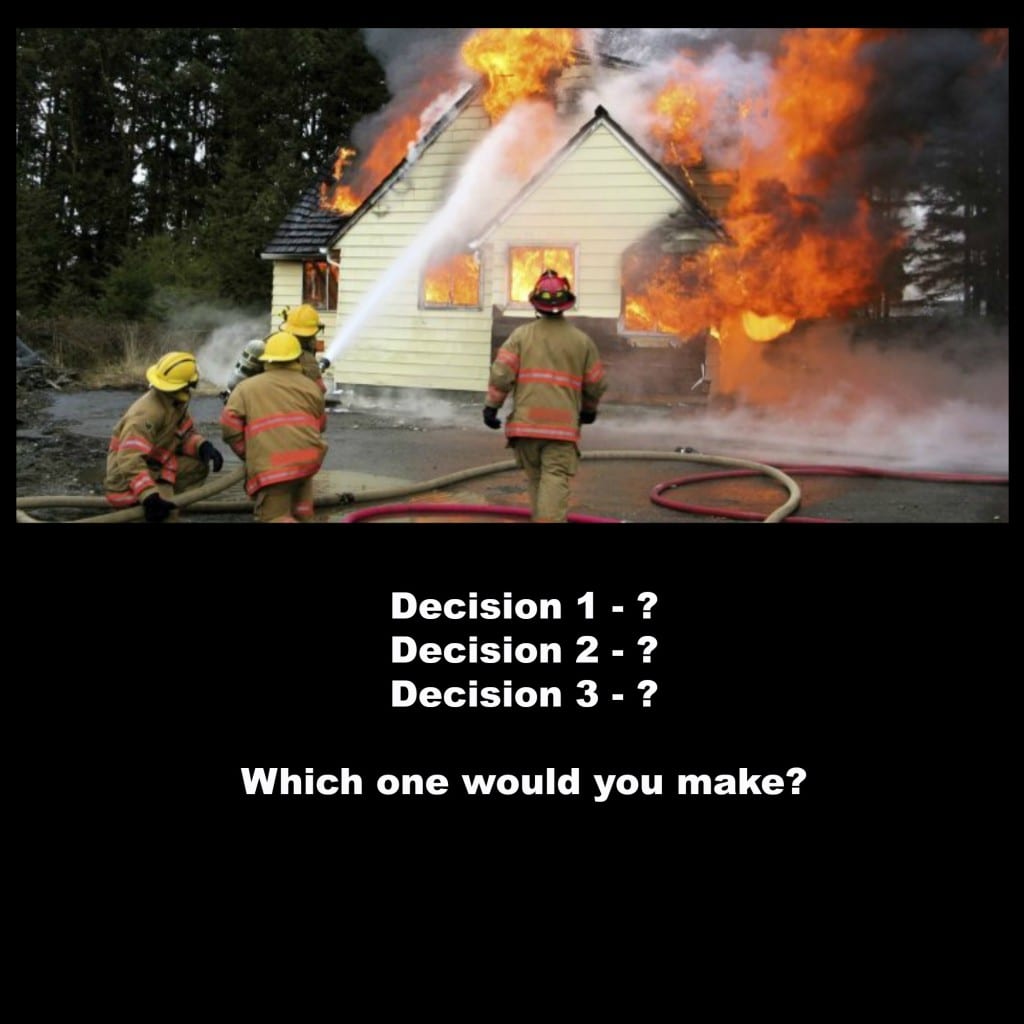Developing Situational Awareness in Novice Responders
One of the most frequent questions I get asked during the Mental Management of Emergencies and Fifty Ways to Kill a First Responder programs is: How can a novice responder develop expert knowledge when the number of fires are going down? It’s a great question and a great concern because so much of situational awareness […]
Developing Situational Awareness in Novice Responders Read More »

